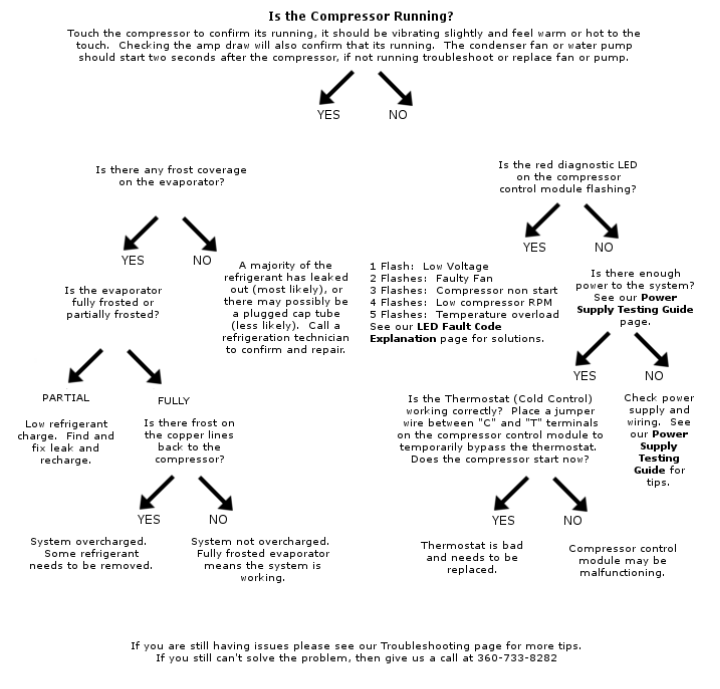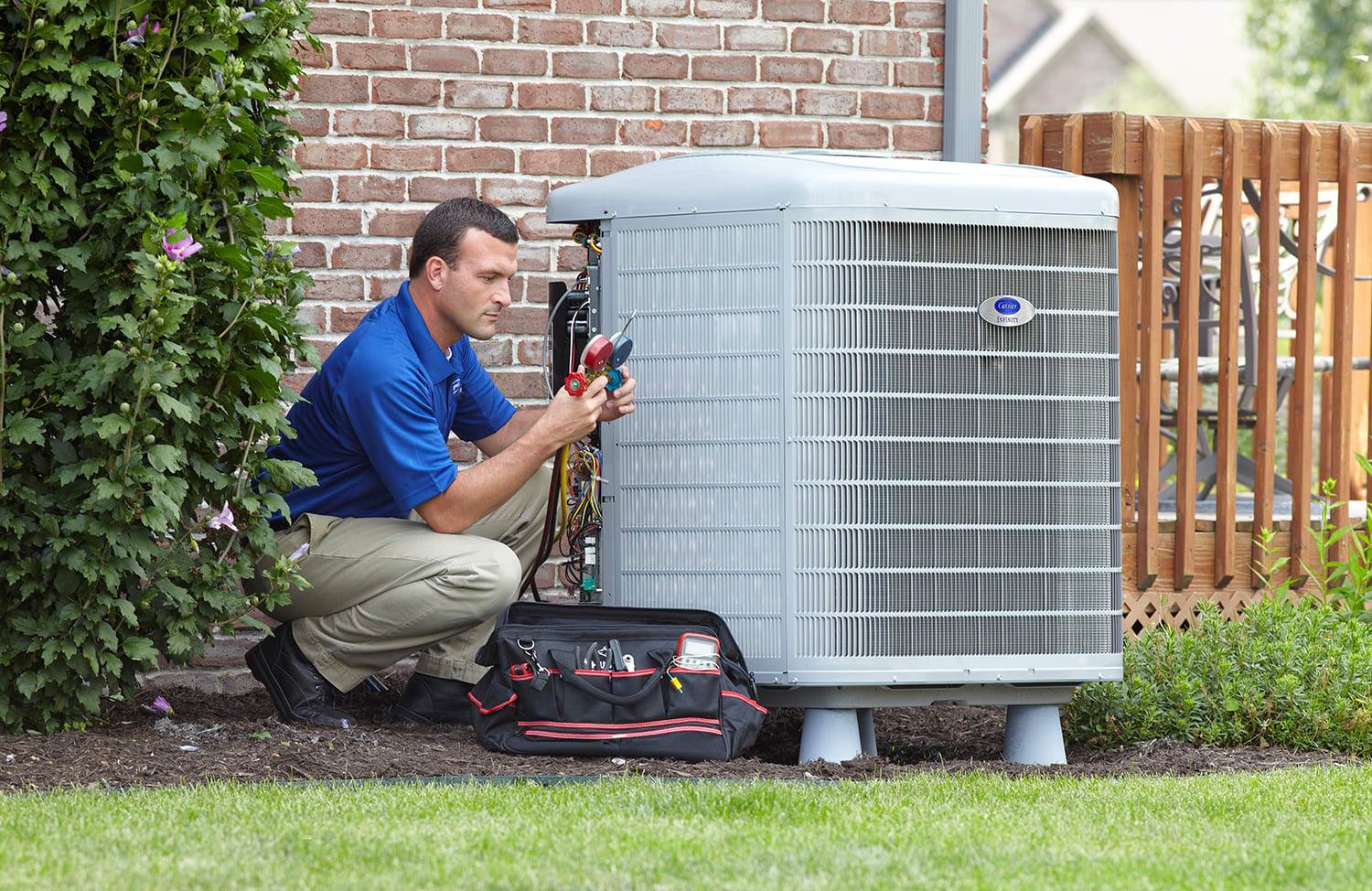If your AC compressor is hot but not running, it can be a frustrating situation, especially during the hot summer months. In this article, we will discuss the possible causes and solutions for this common AC issue.
1. Low Refrigerant Levels
One of the reasons why your AC compressor may be hot but not running is due to low refrigerant levels. The refrigerant is responsible for absorbing heat from inside your house and transferring it outside. If there is a refrigerant leak or a low charge, the AC compressor may overheat and fail to turn on. In this case, it is important to call a professional HVAC technician to inspect and recharge the refrigerant.
2. Electrical Issues
Another possible cause for a hot AC compressor not running is electrical problems. Blown fuses, faulty wiring, or a bad temperature sensor can all prevent the compressor from turning on. It is recommended to check the electrical connections and replace any damaged components if necessary. However, electrical work should always be done by a qualified professional to avoid any accidents or further damage to the system.

Credit: www.seafreezeinc.com

Credit: www.carrier.com
3. Clogged Air Filters
Clogged air filters can restrict the airflow to the AC system, causing the compressor to overheat and not function properly. It is essential to regularly clean or replace the air filters to ensure adequate airflow. Dirty filters can also lead to other problems, such as frozen evaporator coils and reduced cooling efficiency. So, make sure to check and clean the filters regularly.
4. Motor or Wiring Issues
A faulty motor or wiring can also prevent the AC compressor from running. If the motor is not working correctly or the wires are damaged, the compressor may overheat and fail to start. It is crucial to have a professional HVAC technician examine the motor and wiring system to identify and resolve any issues.
5. Mechanical Problems
In some cases, the AC compressor may not turn on due to mechanical problems, such as a locked-up compressor. This usually requires professional assistance to diagnose and repair the issue. Attempting to fix mechanical problems yourself can be dangerous and may void any existing warranty on your AC system.
Frequently Asked Questions Of Ac Compressor Hot But Not Running: Troubleshooting Guide
Should A Ac Compressor Be Hot To Touch?
Yes, it is normal for an AC compressor to feel hot to the touch. The compressor generates heat while working. However, if it is excessively hot, it may indicate a problem that needs professional attention.
Why Is My Ac Compressor Running Hot But Not Cooling?
If your AC compressor is running hot but not cooling, it could be due to issues with the thermostat, compressor, or clogged coils. It might also be caused by burnt wires, faulty capacitor, or a refrigerant leak.
What Would Cause Ac Compressor Not To Kick On?
The AC compressor may fail to kick on due to low freon, blown fuses, bad temperature sensor, or a locked-up compressor. Regular maintenance and troubleshooting can help identify and fix these issues effectively. For professional assistance, contact a certified HVAC technician without delay.
What Happens If Ac Compressor Gets Hot?
When the AC compressor gets hot, it can lead to inefficiency in cooling your house. This can result in the need for emergency AC repair services.
Conclusion
If your AC compressor is hot but not running, there are several potential causes for this issue. Low refrigerant levels, electrical problems, clogged air filters, motor or wiring issues, and mechanical problems can all contribute to this problem. It is crucial to have a professional HVAC technician diagnose and resolve the issue to ensure the safe and efficient operation of your AC system.
Remember, regular maintenance and inspections can help prevent these issues from occurring. If you notice any abnormalities with your AC system, it is always best to consult with a qualified professional to avoid further damage and ensure the longevity of your cooling system.”
